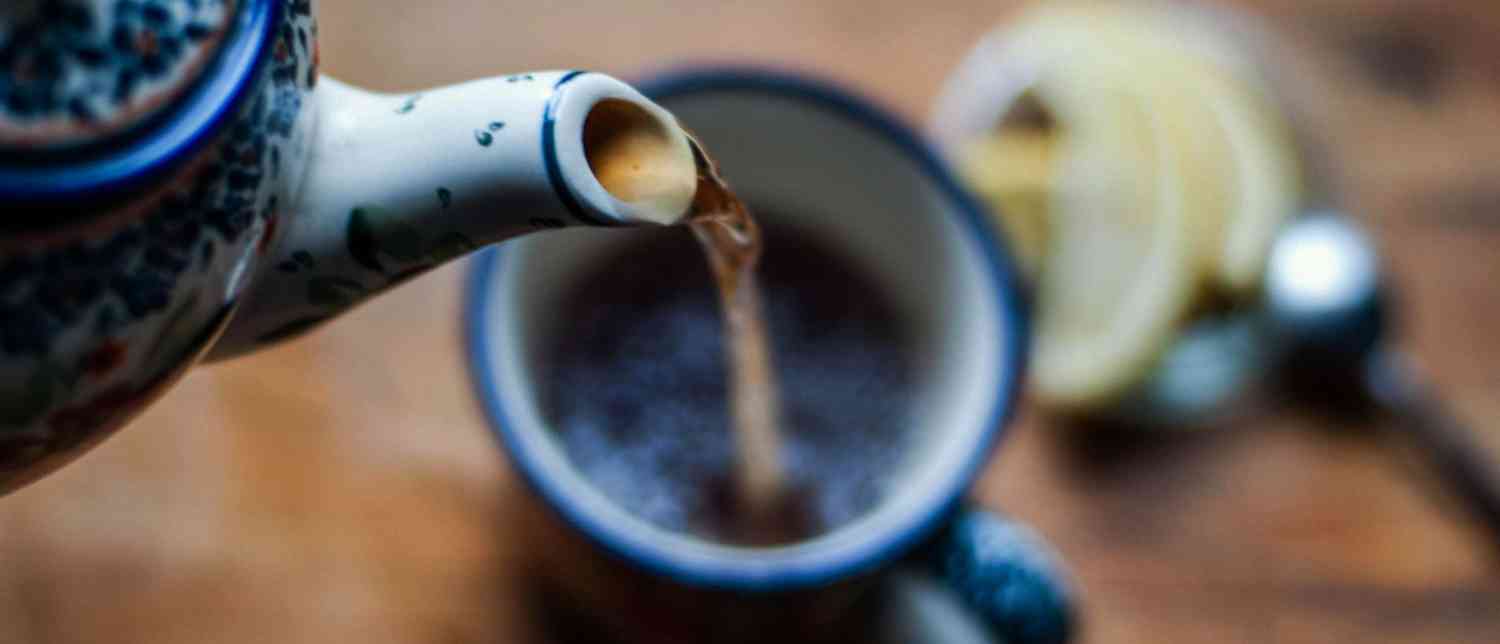For millions of people in India and around the world, tea is more than just a beverage—it’s a ritual, a comfort, and often, the very first thing consumed in the morning. From piping hot masala chai to trendy green teas and boba, tea culture has deeply rooted itself in our daily lives. But here’s a truth bomb you may not have considered: not every cup of tea is a health-friendly choice.
In fact, certain tea habits can harm your gut and liver health over time. That’s exactly what Dr. Saurabh Sethi, a board-certified gastroenterologist trained at AIIMS, Harvard, and Stanford, explained in his viral Instagram post. On August 8 and again on September 26, he shared insights on what he called the “10 worst tea habits wrecking your gut and liver.”
So, if you start your mornings with steaming hot tea or rely on iced sweet teas throughout the day, it’s time to pause and reassess.
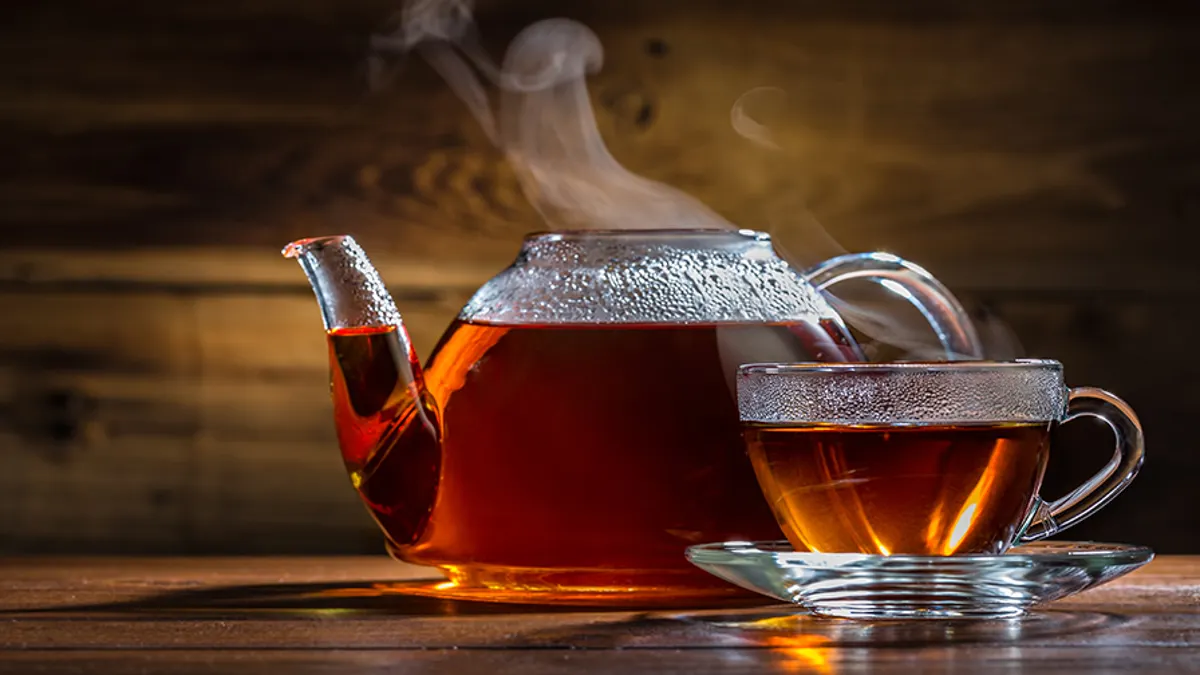
Why Mindful Tea Drinking Matters
Tea itself is not the villain. In moderation, brewed tea can provide antioxidants, hydration, and even relaxation. The real problem lies in how we drink it—on an empty stomach, excessively hot, sugar-loaded, or as part of trendy but unhealthy fads.
Dr. Sethi emphasized, “I am a board-certified Gastroenterologist. And here are 7 worst tea habits wrecking your gut and liver.” He later expanded this to 10, covering everything from artificial sweeteners to late-night tea cravings.
His advice is simple yet powerful: drink tea in moderation, be mindful of caffeine content, avoid excessive sugar or additives, and never consume it at unsafe temperatures.
The 10 Worst Tea Habits That Damage Gut and Liver Health
Let’s break down each of the harmful tea habits highlighted by Dr. Sethi—and why they could be silently impacting your health.
1. Drinking Tea on an Empty Stomach
This is perhaps the most common mistake. Dr. Sethi warned that drinking tea first thing in the morning irritates the stomach lining, which can lead to:
-
Acid reflux
-
Nausea
-
Discomfort or bloating
Instead of soothing your system, tea on an empty stomach increases acidity and may trigger digestive issues in the long run.
2. Overloading with Sugar
Many people can’t imagine tea without a spoon—or sometimes two—of sugar. Worse, iced teas and packaged milk teas often contain 30–40 grams of sugar per serving, equivalent to a can of soda.
According to Dr. Sethi, excessive sugar intake through tea can:
-
Increase the risk of fatty liver
-
Raise diabetes risk
-
Contribute to obesity
If you must sweeten, opt for natural options like honey (in moderation) or reduce your sugar gradually to train your taste buds.
3. ‘Detox’ or Slimming Teas
In recent years, detox teas have been aggressively marketed as quick fixes for weight loss. But Dr. Sethi made it clear: “Detox teas are usually just laxatives that can cause dehydration and electrolyte imbalance.”
Over time, these can also damage the gut lining, weaken digestion, and strain your body’s natural detox system—the liver.
4. Iced Sweet Teas: Hidden Sugar Bombs
On hot days, iced tea feels refreshing. But what many don’t realize is that bottled or café-style iced teas often contain more sugar than soda.
Dr. Sethi pointed out that these sugar-heavy drinks contribute significantly to fatty liver disease, insulin resistance, and weight gain.
5. Green Tea Extract Supplements
Green tea itself, when brewed, is beneficial. But supplements are a different story. “Supplements (not brewed tea) linked to rare but real liver toxicity,” Dr. Sethi warned.
High concentrations of catechins in extract form can overload the liver and, in rare cases, cause severe damage. Stick to freshly brewed green tea instead of popping pills or powders.
6. Super-Hot Tea Consumption
Do you love sipping your tea steaming hot? Studies have shown that drinking beverages above 65°C regularly increases the risk of esophageal cancer (cancer of the food pipe).
Dr. Sethi advised against this habit, urging tea lovers to let their drink cool slightly before sipping.
7. Late-Night Black or Green Tea
Caffeine lingers in the body for several hours. So, drinking chai or green tea late at night doesn’t just disrupt sleep—it also interferes with your liver’s natural repair cycle.
“When you drink tea late at night, caffeine disrupts sleep, gut rest, and cortisol balance,” Dr. Sethi explained. A poor night’s sleep further worsens gut and liver health.
8. Artificial Sweeteners in Tea
While many switch from sugar to artificial sweeteners thinking it’s a healthier choice, research suggests otherwise.
Dr. Sethi warned that artificial sweeteners can:
-
Disrupt the gut microbiome
-
Cause digestive imbalance
-
Potentially lead to long-term metabolic issues
Natural, unsweetened tea is always the better option.
9. Powdered Instant Teas
Convenience comes at a cost. Powdered instant teas are ultra-processed and often contain hidden fillers, additives, and artificial flavoring.
Instead of giving your body antioxidants, these instant mixes may contribute to inflammation and gut irritation.
10. Boba or Bubble Tea Overload
Boba tea has become a global trend, especially among younger generations. But those chewy tapioca pearls are packed with starch and sugar.
Dr. Sethi cautioned: “Boba or bubble tea overload is a sugar and starch bomb that can increase fatty liver risk.” Hidden calories from these drinks can lead to insulin resistance and obesity.
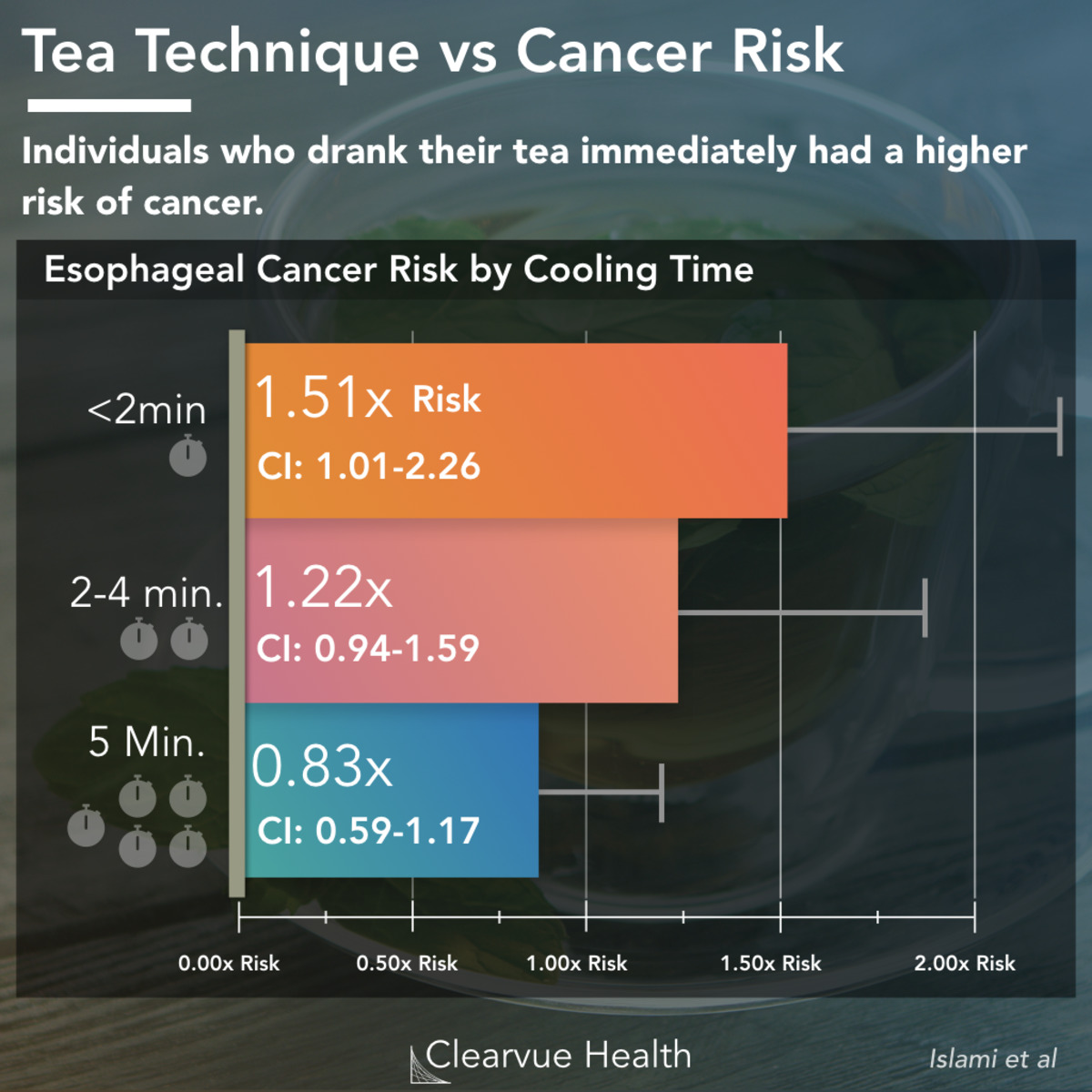
How to Drink Tea the Right Way
If this list has made you rethink your tea habits, don’t worry—you don’t need to quit tea altogether. Instead, follow these practical tips to enjoy tea safely:
-
Avoid tea on an empty stomach: Have a light snack or breakfast first.
-
Limit sugar: Gradually reduce added sugar; opt for unsweetened or lightly sweetened versions.
-
Say no to detox teas and supplements: Stick to naturally brewed teas.
-
Let it cool: Drink tea warm, not scalding hot.
-
Watch your timing: Avoid tea late at night.
-
Moderation is key: 2–3 cups a day of brewed tea is safe for most people.
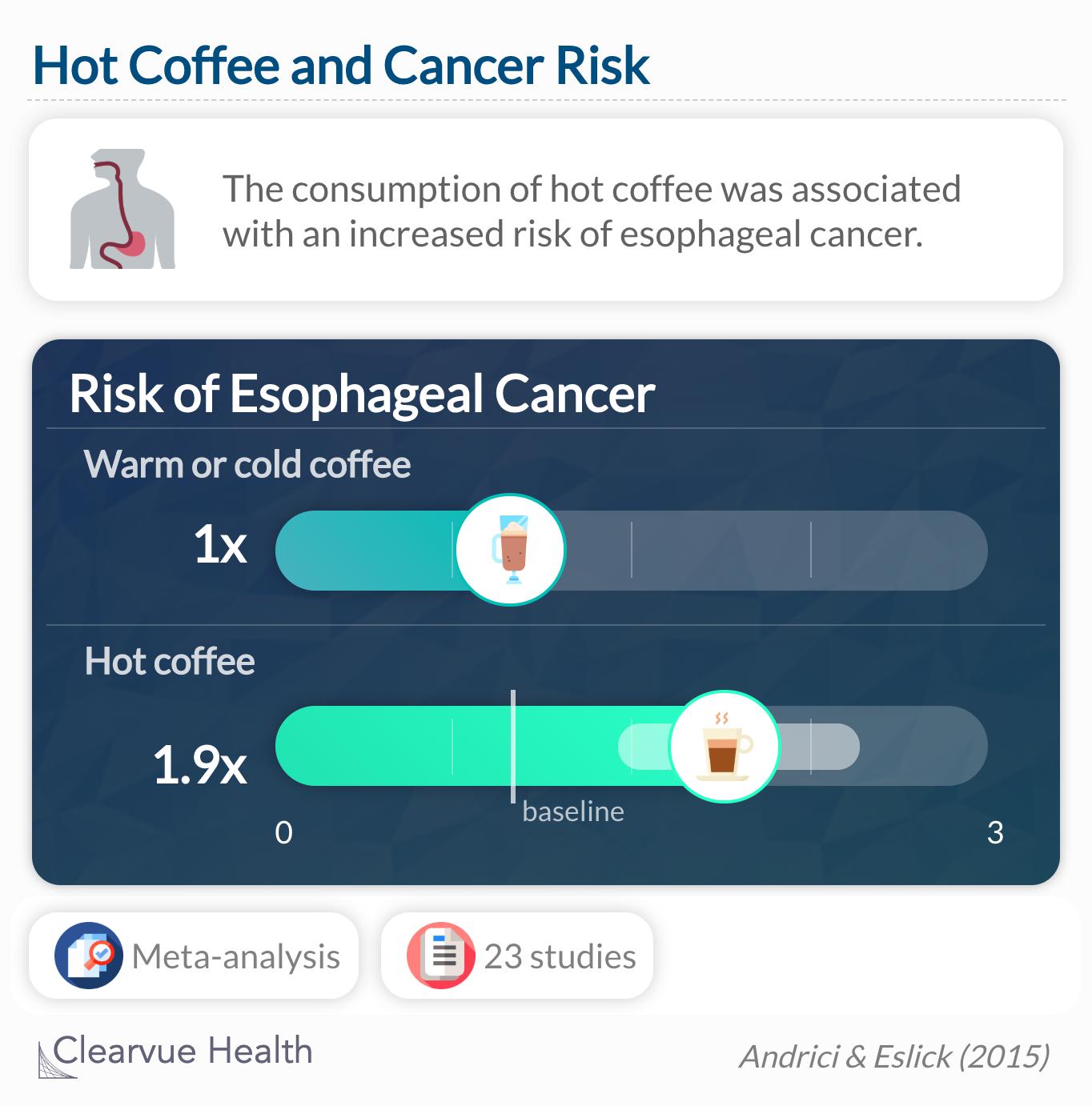
The Bigger Picture: Tea, Liver, and Gut Health
Your liver is your body’s natural detox center, while your gut houses trillions of bacteria that control digestion, immunity, and even mood. Unhealthy tea habits don’t just cause minor discomfort—they can disrupt sleep, promote fatty liver disease, increase cancer risk, and imbalance the gut microbiome.
As Dr. Sethi repeatedly emphasized, moderation and mindfulness are the keys. Tea can be part of a healthy lifestyle when consumed wisely, but poor habits can undo its potential benefits.
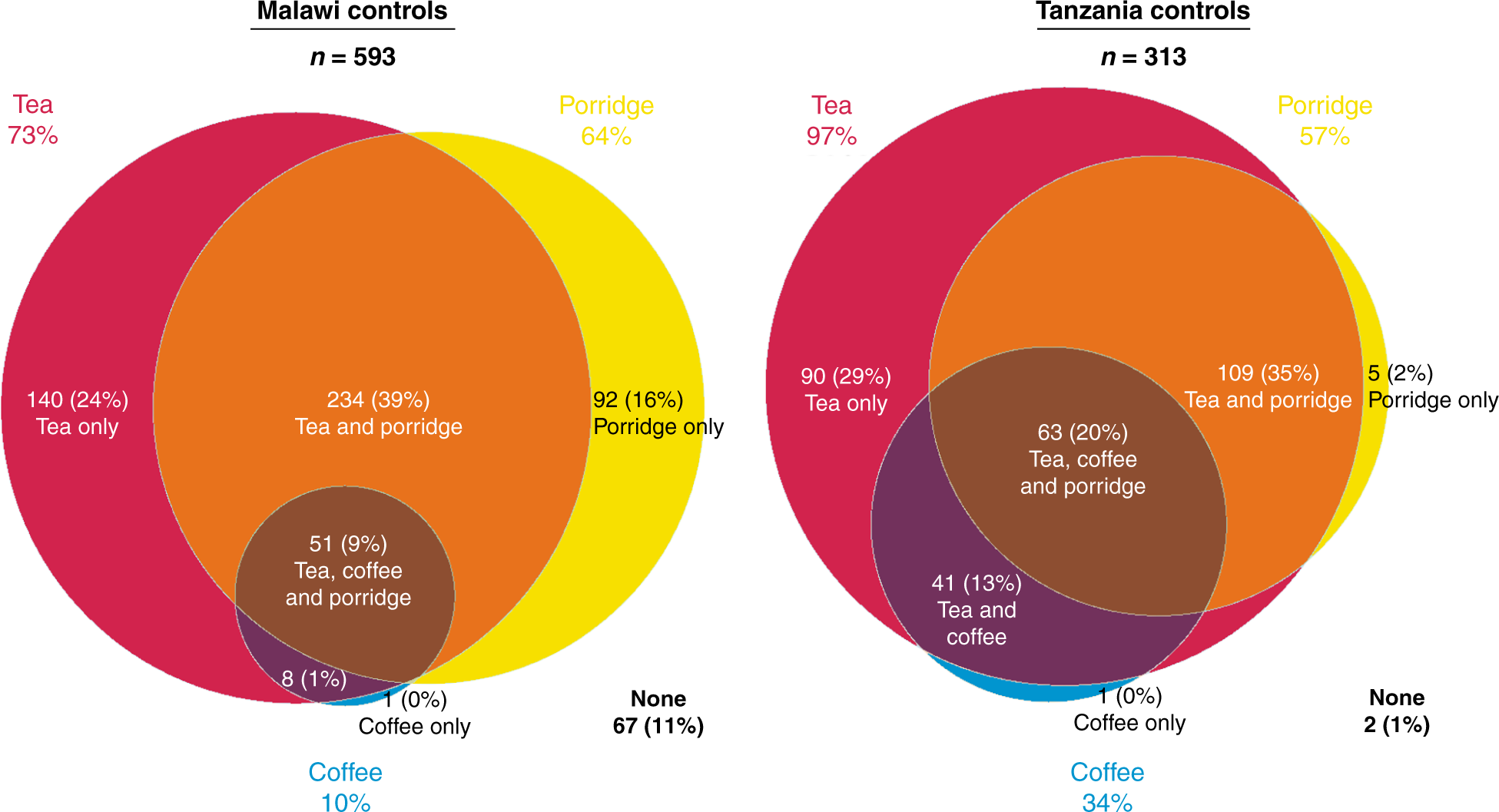
Final Thoughts
In India, tea is woven into culture and daily routine. But as comforting as a hot cup may feel, it’s important to remember that how we consume it matters just as much as the drink itself.
Dr. Saurabh Sethi’s advice serves as a wake-up call:
-
Avoid tea on an empty stomach.
-
Skip sugar overload.
-
Beware of detox teas, supplements, and bubble teas.
-
Don’t drink it scalding hot or late at night.
By making these simple changes, you can continue to enjoy your favorite brew while protecting your gut and liver health for the long term.
With inputs from agencies
Image Source: Multiple agencies
© Copyright 2025. All Rights Reserved. Powered by Vygr Media.

